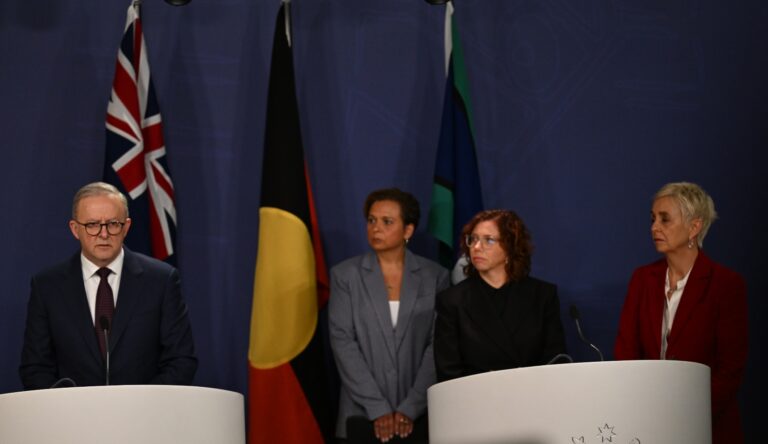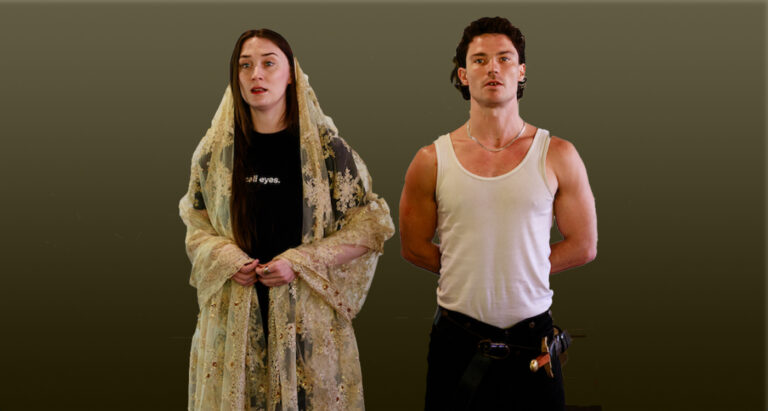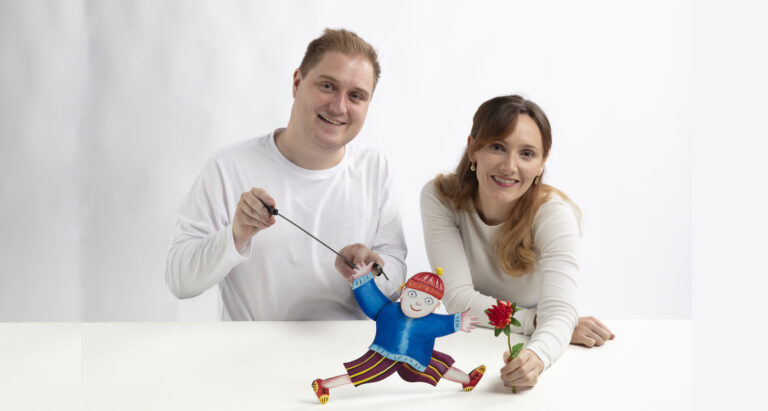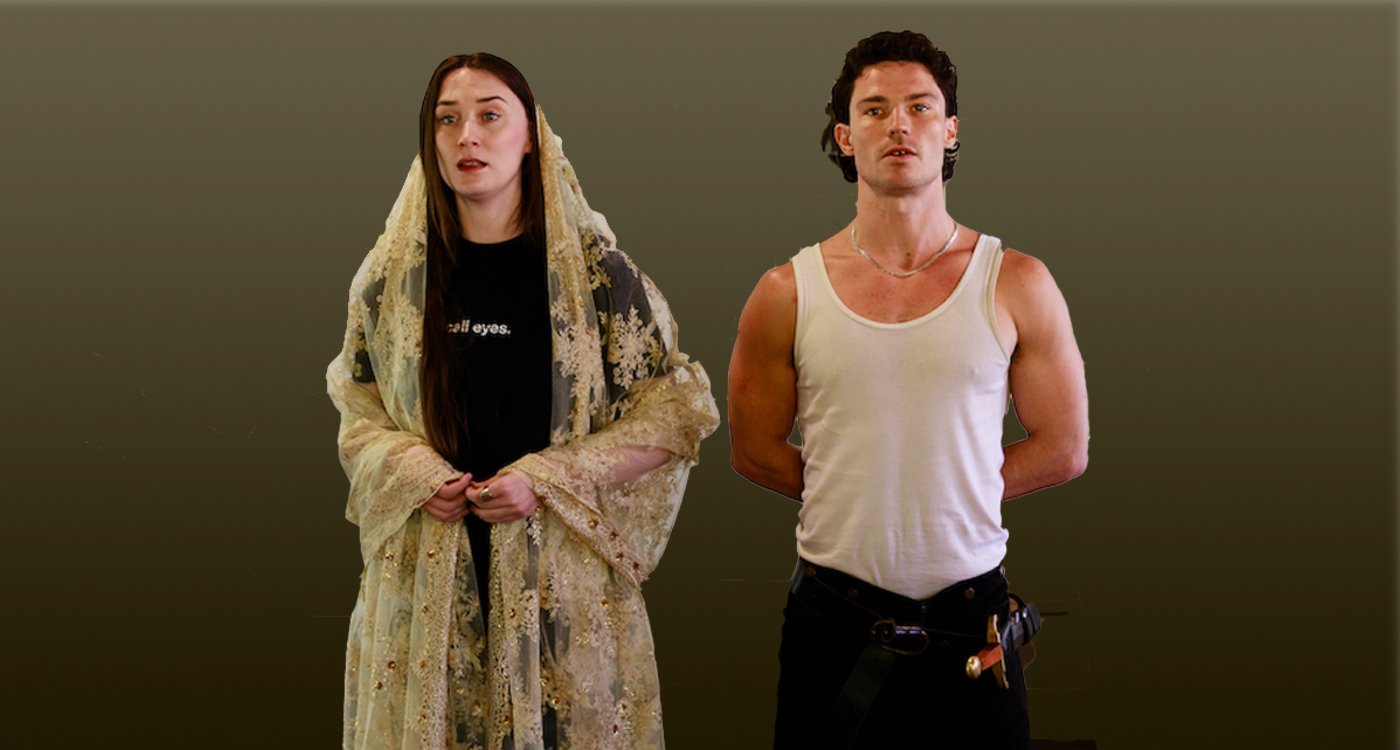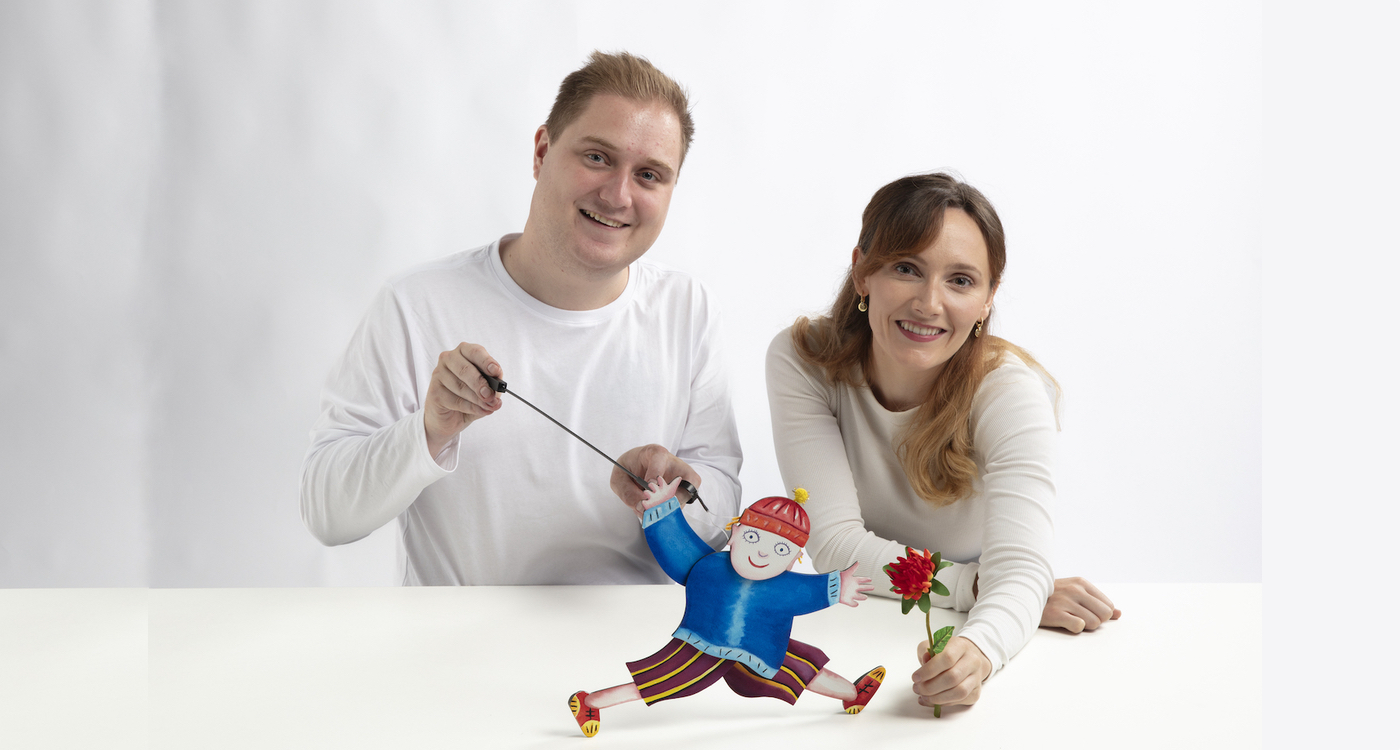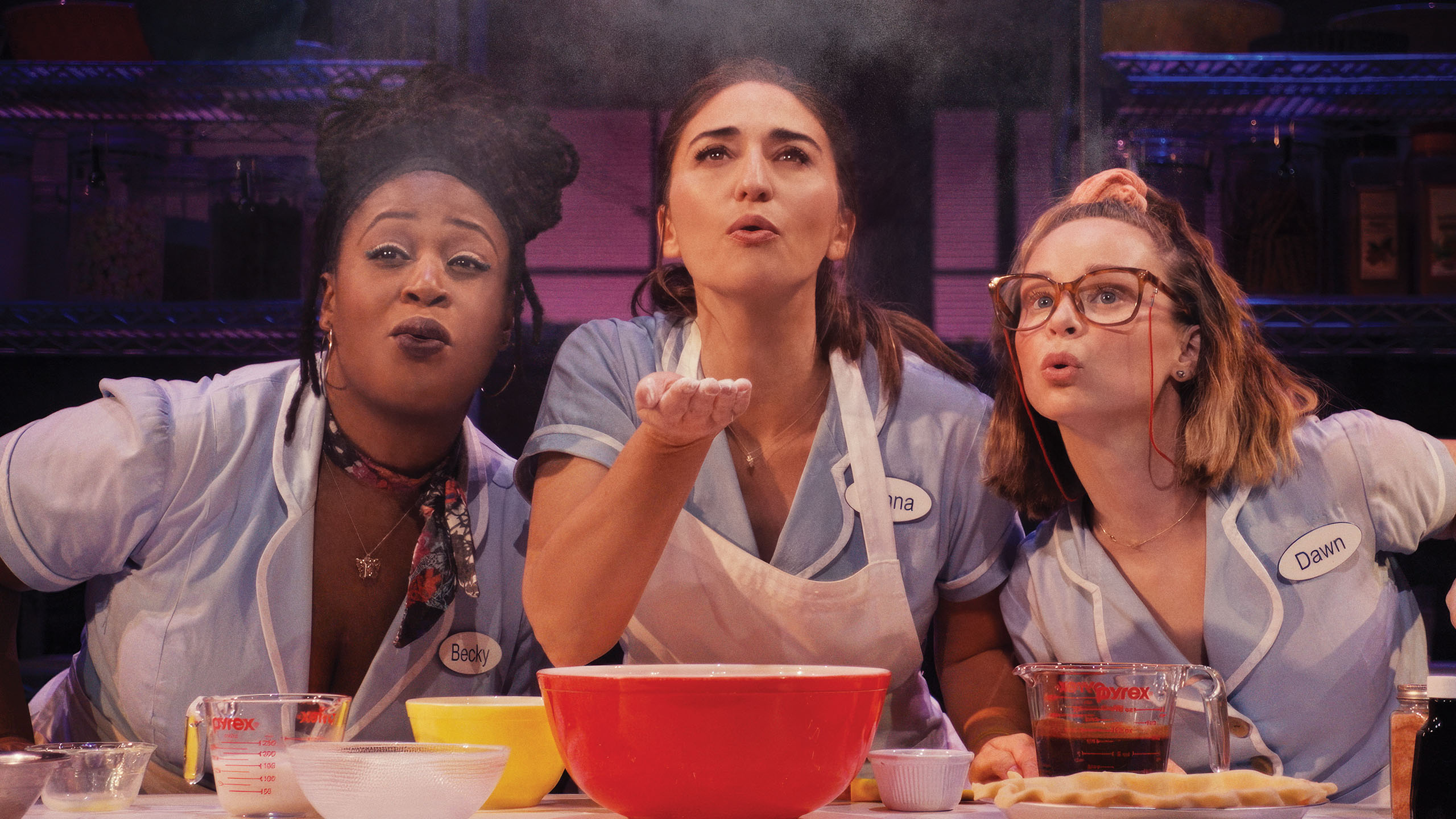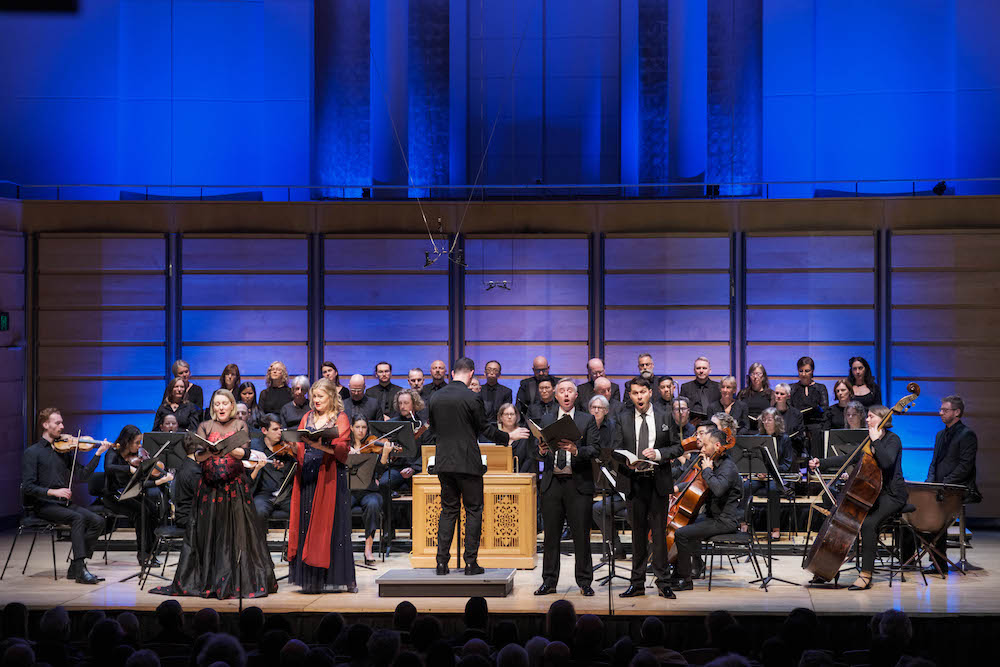
Death Of Community Theatre
By Jade Morellini
For centuries, theatre has been driving a rich culture of storytelling among communities, expressing the voices of many and uniting them as one. Theatres provide a place to discuss new ideas and to stimulate conversations about events occurring around the world, or to question the norms.
After the devastating news surfaced of the closure of the beloved Kings Street Theatre at Newtown, reality set in that good and affordable theatre venues, which provided practice studios for the performing arts, are slowly disappearing off Sydney’s grid.
“We have less theatres than ever in the world we live in now and there was a time when there was a theatre in every community, or at least a community hall that was used for cultural purposes in every village and every town,” CEO of Sydney Fringe, Kerri Glasscock said. “The less theatres we have, the smaller the chances of placing those stories on the stages and of people gathering together to hear them, so the loss of old theatres is really sad to a community.”
King Street Theatre was a privately-owned venue and was a space that enabled individuals to work together and create new content for the stage.
Co-directors of Kinetic Energy Theatre Company, Jepke Goudsmit and Graham Jones said, “Our vision for The Edge, last known as King Street Theatre, was to establish a program of ongoing training, research and creation by our company. To run educational programs in a wide range of the performing arts, for a variety of levels and ages. To explore collaborations, guest-residencies and apprenticeships. To be a host for exchange. To make the space available to other contemporary Australian theatre-makers. To bring people together and build community. To celebrate and explore being human. To play. To learn. To heal. To grow. And to keep the cost down for all, as much as we could.”
Unfortunately, many years later the rent grew too high and forced the recent owner to sell. Long-standing theatres like this provided a place for independent artists to hire space to practice and create new shows, but now with the loss of King Street, there aren’t many theatres left that are accessible.
Founder of the Newtown Entertainment Precinct and Short+Sweet Festival, Mark Cleary said, “Independent theatres, there aren’t much left at all. You’ll need to go over to Darlinghurst or Woolloomooloo to the Old Fitz Theatre. I mean, theatres have really sort of halved in the city area in the last few years and it’s a great pity because the thing that we are missing the most in Sydney is venues.”
Glasscock agreed, acknowledging the difficulty in accessing the remaining theatres, “There’s now not one single theatre in Sydney where you can just hire it without any territorial guidelines attached. I mean, that’s valid, I run my own theatre that has territorial guidelines attached and we have them because we need to maintain a level of quality to ensure we have the right audience numbers and the cost of running businesses in Sydney is so extreme that we have to constantly maintain a certain number of performances in order to keep the doors open,” Glasscock said.
“But there needs to be spaces where anyone can hire and present art, that’s where the local and state government need to step up and fulfil their responsibility, because there has to be places that are equipped and affordable and adequate for people to hire, no strings attached and with no territorial guidelines. If we don’t have those, where are the next generation of artists going to showcase their crafts and where are they going to develop their audiences?” Glasscock continued.
The government have the power to open more of these spaces, but not much has been done on a state level to ensure that the arts live on.
“The local council that is the best funding body is the City of Sydney, Cr Clover Moore and her team. They do a fantastic job supporting performing arts, they put some resources towards Eternity Playhouse and they turned Darlinghurst Theatre into the Hayes Theatre,” Cleary said. “They’re pretty proactive and I’ve been in meetings where they have been unhappy with venues closing so Clover really is clever about these things, she has been able to do a lot that the State Government hasn’t.”
Cleary is the founder of Short+Sweet, a festival of ten-minute plays and theatre pieces, and this is providing greater opportunities for individuals in the arts scene.
“One of the things that my organisation, Short+Sweet does, is it creates new producers. We teach people how to make short theatre and so when we teach them how to produce, they want to go and produce stuff and what do you need when you’re producing? You need a space and there are way less places,” Cleary said.
“Seventeen years of Short+Sweet and around the world, we’ve put on 6000+ new works – that’s a ridiculous amount! So, we certainly give a voice to young writers and give them an option to advance, but for people who want to put on a play that they wrote or found, it’s hard, it’s really hard because there’s just nowhere to do it. For the fringe its sort of easier because once a year there’s facilitation around venues and that’s a useful tool,” Cleary said.
The arts will continue to be a significant part of the community’s culture, but now the issue remains that spaces need to be created for artists to generate new ideas and bring their stories to life.

